The Damascus Rosewood: A Fragrant Survivor of War
In the heart of Syria, where the echoes of conflict still linger, an ancient treasure persists against all odds. The Damascus rosewood, known locally as "oud," has weathered centuries of turmoil, its roots digging deep into the soil of resilience. This precious wood, revered for its rich aroma and cultural significance, tells a story far older than the war that has scarred the land. Its survival is a testament to nature’s endurance and the unbreakable spirit of Syrian heritage.
The oud, carved from the aged heartwood of aquilaria trees, is more than just a material—it is a living chronicle. For generations, artisans in Damascus have transformed this dark, resinous wood into perfumes and musical instruments, each piece carrying the weight of history. The process is slow, deliberate, and often passed down through families, a craft honed by time. But as bombs fell and streets emptied, these traditions faced extinction. Workshops closed, and the once-bustling souks fell silent. Yet, against the backdrop of destruction, the oud endured.
War did not discriminate in its devastation. Factories were reduced to rubble, and ancient markets became battlegrounds. But the aquilaria trees, scattered in hidden groves and remote valleys, stood untouched. Their survival was not a matter of luck but of obscurity. Many of these trees had been planted decades, even centuries ago, their locations known only to a select few. As the conflict raged, these guardians of the oud kept their secrets close, ensuring that the legacy of the Damascus rosewood would not be erased.
For those who remained in Syria, the oud became a symbol of defiance. In the midst of scarcity, its scent—a deep, woody fragrance with hints of spice and sweetness—offered a fleeting escape. Perfumers who had once supplied the world adapted to the harsh realities of war, working in secret to preserve their art. Some even risked their lives to retrieve small stashes of oud from abandoned warehouses, knowing that its value transcended commerce. It was a connection to a past that refused to be forgotten.
The international demand for oud never waned, even as Syria’s exports dwindled. Buyers in the Gulf, Europe, and beyond still sought the authentic Damascus variety, renowned for its unparalleled quality. This created a paradox: even as the war made production nearly impossible, the oud’s mystique only grew. Smugglers and black-market traders capitalized on the scarcity, driving prices to staggering heights. Yet, for the true craftsmen, this was a bitter reality. Their work, once a source of pride, was now entangled with exploitation.
Today, as Syria tentatively moves toward recovery, the fate of the Damascus rosewood hangs in the balance. Replanting aquilaria trees is a painstaking process, requiring years of patience before the wood can be harvested. Many of the old masters have fled, taking their knowledge with them. Those who remain face the daunting task of reviving a tradition that was nearly lost. But there is hope. In hidden corners of Damascus, the scent of oud still lingers—a reminder that some things, no matter how fragile, cannot be destroyed by war.
The story of the Damascus rosewood is not just about survival; it is about identity. In its grain lies the memory of a people who have endured unimaginable loss yet refuse to let their culture fade. The oud’s journey—from ancient forests to war-torn streets to the hands of those who still believe in its magic—is a testament to the unyielding power of heritage. As long as its fragrance remains, so too does the soul of Syria.
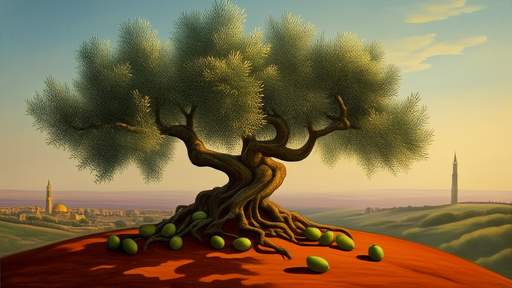
By /Jun 6, 2025

By /Jun 6, 2025

By /Jun 6, 2025

By /Jun 6, 2025

By /Jun 6, 2025

By /Jun 6, 2025

By /Jun 6, 2025
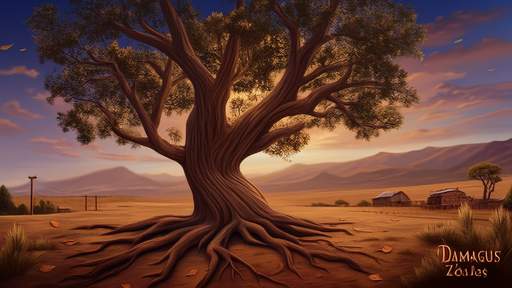
By /Jun 6, 2025
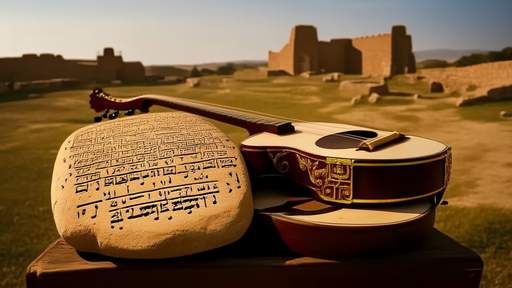
By /Jun 6, 2025

By /Jun 6, 2025

By /Jun 6, 2025
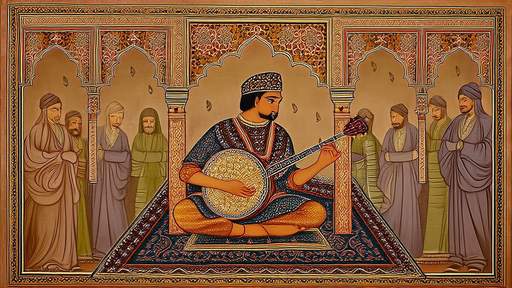
By /Jun 6, 2025

By /Jun 6, 2025

By /Jun 6, 2025

By /Jun 6, 2025

By /Jun 6, 2025
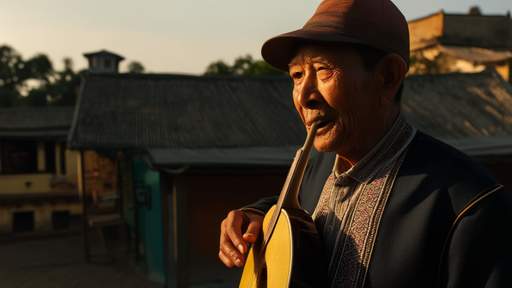
By /Jun 6, 2025

By /Jun 6, 2025
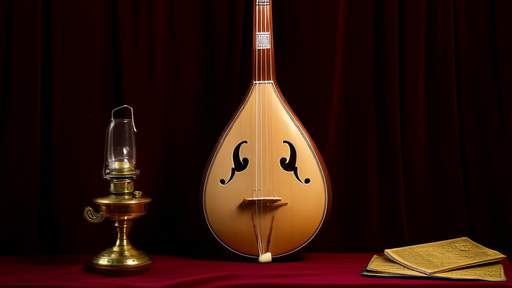
By /Jun 6, 2025

By /Jun 6, 2025